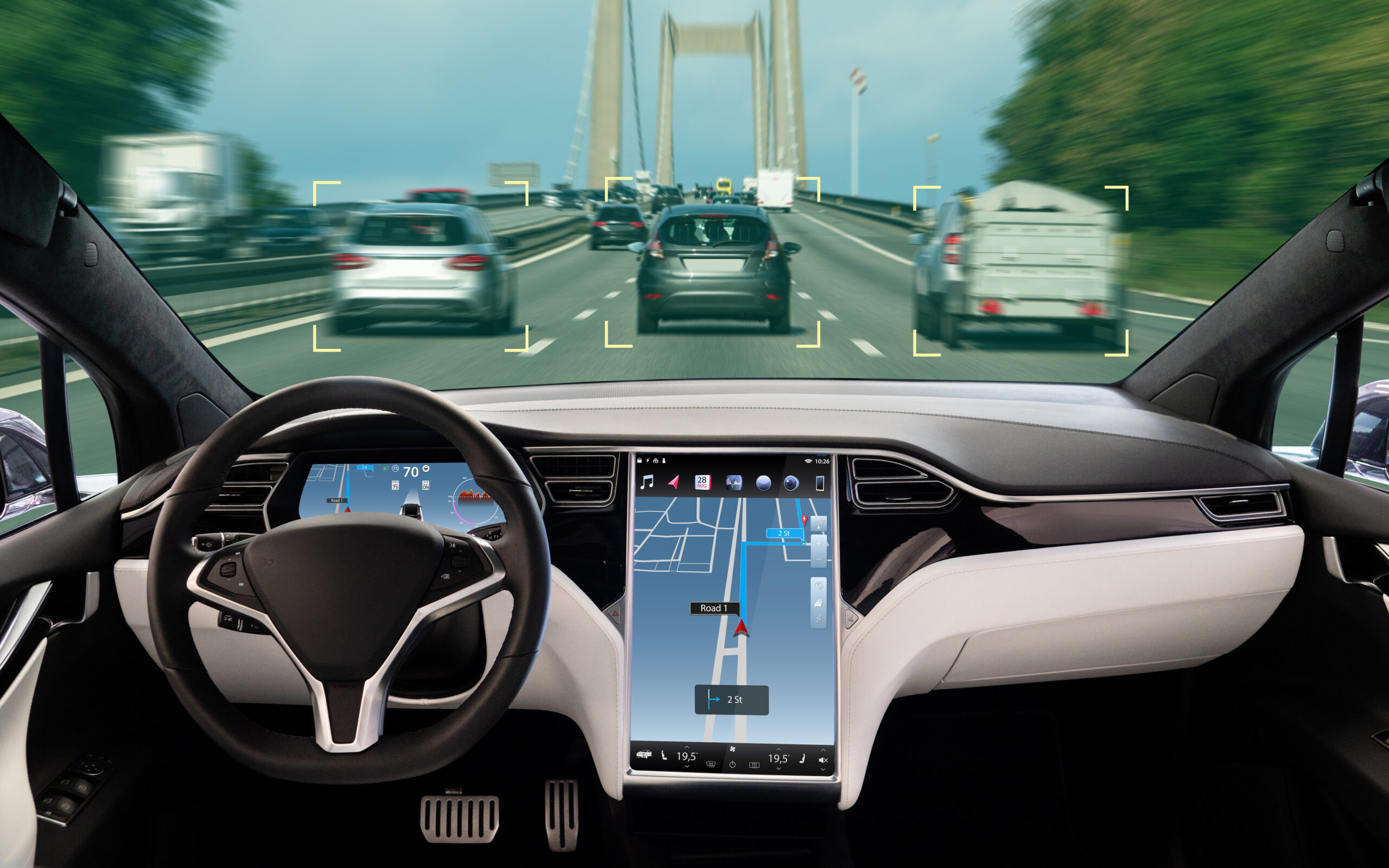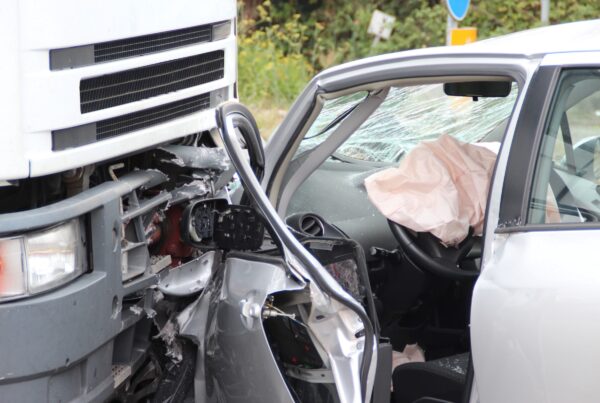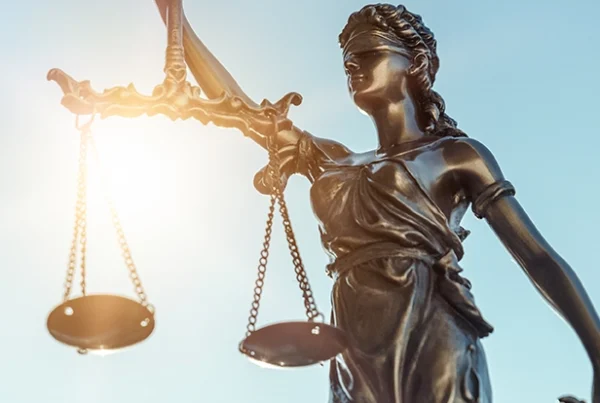The evolution of technology is exciting and does so much to make our lives easier, including new capabilities designed to keep us safe on the road. One example that stands out as a pioneer in semi-autonomous driving is Tesla’s Autopilot system. However, as this cutting-edge technology advances, so do the legal implications surrounding it, particularly in cases where the Autopilot system fails. Unlike typical car accidents, the Tesla autopilot legal implications raise questions about who can be held liable in a personal injury case involving semi-autonomous vehicles, such as in the case of a fatal Tesla crash in Florida in 2019.
Understanding your rights, both as a driver of a semi-autonomous vehicle and a typical vehicle, and seeking guidance from experienced car accident attorneys can be very helpful after an accident.
The Tesla Case: What to Know
Just this November 2023, a Florida judge determined a 2019 lawsuit against Tesla and its Autopilot driving car could go to trial due to “reasonable evidence” that the company CEO, Elon Musk, and executives were aware of a defect yet continued selling it to customers.
In 2019, the driver of a Tesla Model 3, Jeremy Banner, switched on the autopilot function and, roughly 10 seconds later, drove under a semi truck’s trailer, shearing off the top of the vehicle and killing him. According to a National Transportation Safety Board report, the Tesla was “traveling at a recorded speed of 69 mph” and “did not apply the brakes or take any other evasive action to avoid the truck, which was crossing in front of him at about 11 mph.” Even after the collision, the vehicle continued coasting into a median roughly 1,680 feet from the initial collision.
After the accident, Banner’s wife, Kim, filed a suit accusing Tesla of gross negligence and intentional misconduct. The Florida judge determined the accident was “eerily similar” to the company’s first autopilot-related death that occurred in 2016, in which another Model S hit a semi-truck, causing the top to be chopped off and killing the driver. At that time, Tesla pushed off blame, stating, “Neither Autopilot nor the driver noticed the white side of the tractor trailer against a brightly lit sky, so the brake was not applied.” They also blamed it on “extremely rare circumstances,” including the trailer’s high ride height and its positioning across the road.
Despite evidence piling up that the autonomous system was flawed, Tesla continued to make strong public statements with a robust marketing strategy highlighting the vehicle’s autonomous capabilities. The latest decision to move forward with a trial comes just after an October case in which a California judge ruled that the driver-assistance software was not at fault in a crash that led to a driver’s death and the severe injury of two passengers.
The Florida lawsuit is currently one of ten active lawsuits involving Tesla’s Autopilot system, several of which are expected to go to court within the next year.
How Many Accidents Have Occurred Due to Autopilot Failure?
According to an analysis of available federal data in 2023, vehicles using Autopilot guidance have been involved in over 730 accidents since the technology was introduced in 2014, with at least 17 of those accidents resulting in a fatality.
Previously, in June 2022, the National Highway Traffic Safety Administration (NHTSA) had only accounted for three deaths caused by Autopilot. The largest increase appears to have occurred after May 2022, with 11 fatal accidents involving Autopilot, which coincides with Tesla’s rapid expansion of the “Full Self-Driving” software, increasing the functionality’s availability from about 12,000 vehicles to almost 400,000 in roughly a year.
Challenges in Personal Injury Cases Involving Autopilot Systems
Personal injury cases involving Autopilot systems come with many intricacies and unique challenges. The complexities demand a closer look, from establishing negligence to gathering evidence of technical failures, and expert testimonies are critical in helping navigate these legal waters, such as full analysis by organizations like the National Transportation Safety Board.
Overall, the biggest challenge comes in determining whether it was a technical system failure that caused the accident or if it was due to inattention and mishandling on the driver’s part. According to Simon Law Firm personal injury trial attorney, Timothy M. Cronin, “In essence, the strength of the case will come down to the specifics of the crash, and the law of the state where it happened regarding product liability claims and comparative fault.”
Determining Who is Legally Responsible for the Accident
There’s no question that Autopilot-related cases are changing the accountability landscape in car accident cases. But just how do you determine who is legally responsible after an Autopilot-related accident?
Currently, the driver of the vehicle is held legally responsible in most cases – not the manufacturer. However, with the latest decision from Florida, it’s possible this legal responsibility could shift, particularly if evidence is shown that proves negligence on Tesla’s part via false advertising or material misrepresentations.
What to Do After an Autopilot-Related Accident
Initial steps after an Autopilot-related accident are similar to a typical car accident.
- Seek medical evaluation for any injuries
- Report the accident to law enforcement
- Document the accident, if you are able, with notes and photos
- Contact an experienced lawyer
If you are the driver of a Tesla and want to sue the manufacturer, you will need to prove they were liable. Below are the general steps to take to show product liability:
- Show evidence that Tesla was the commercial seller who sold the vehicle involved
- Show proof of injuries or damaged property
- Provide proof the vehicle was defective when it was sold
- Show evidence that the defect was the cause of the accident and subsequent injuries
Implications for Tesla Owners and Potential Plaintiffs
As current law allows other parties to sue the at-fault driver in an Autopilot-related accident, Tesla owners could be at higher risk of dealing with an intense legal battle. This decision could become much more difficult depending on the outcome of the case in Florida and other Autopilot-related cases.
Tesla drivers should always follow all safety precautions with the Autopilot feature, including keeping both hands on the steering wheel and being prepared to take over at any point. It is essential to be aware of an automation bias or an over-reliance on the vehicle’s automated aids and decision support systems because, as we’ve seen, these are not always reliable.
With the increase in cases against Tesla, there is potential for class action lawsuits to emerge against the company that owners could get involved in. These may encourage a positive resolution from Tesla, but those who have a larger, individual case will most likely want to file an independent lawsuit.
Importance of Obtaining Legal Representation in Autopilot-Related Cases
Whether you are a Tesla owner or have been in an accident involving an Autopilot system, obtaining experienced legal representation is crucial. These are complicated cases, and you should not have to navigate them alone. In addition, an experienced law firm will have access to expert witnesses that could prove critical to your case. A lawyer will also be able to gather all of the necessary information and evidence to present the best case possible.
Injured in an Autopilot-Related Accident? Call Simon Law.
The cases against Tesla are evidence of the justice system navigating new, uncharted territory. Seeking legal counsel from an experienced personal injury law firm, like the Simon Law Firm, will help you unravel the complexities, whether you’re the driver of a Tesla or someone who was a victim in an Autopilot-related accident.
Our attorneys are here to provide you with a free legal evaluation of your claim and have the ability to pursue cases nationwide from our St. Louis-based office. Contact the car accident attorneys at the Simon Law Firm today.







